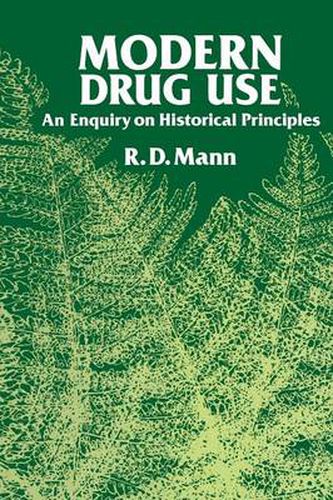Readings Newsletter
Become a Readings Member to make your shopping experience even easier.
Sign in or sign up for free!
You’re not far away from qualifying for FREE standard shipping within Australia
You’ve qualified for FREE standard shipping within Australia
The cart is loading…






This title is printed to order. This book may have been self-published. If so, we cannot guarantee the quality of the content. In the main most books will have gone through the editing process however some may not. We therefore suggest that you be aware of this before ordering this book. If in doubt check either the author or publisher’s details as we are unable to accept any returns unless they are faulty. Please contact us if you have any questions.
Aureolus Theophrastus Bombastus von Hohenheim (1493-1541), commonly called Paracelsus, was both one of the most original medical thinkers of the sixteenth century and was the man who made opium (as laudanum), arsenic, copper sulphate, iron, lead, mercury, potassium sulphate, and sulphur part of the pharmacopoeia. A man of many parts, but a pioneer chemist, Paracelsus can be regarded as the originator of a body of work which was the precursor of chemical pharmacology and therapeutics. To no small extent he stands, therefore, as a father figure of the modern pharmaceutical industry. Today’s physician who wants to look at that industry since the days of Paracelsus and weigh the great gains against the problems soon encounters difficulties. To diminish them, this Enquiry approaches its subject from historical principles. This gives increased perspective to questions asked late in the boo- these questions being prompted by medical practice outside the industry and some twenty years of drug development activity within it. In antiquity medicines often seem to have been used as part of magic and primitive man thought disease to be due to supernatural forces which he could influence. The legacy remains - and in trying to sort out what is rational in our use of drugs today we have to separate our small bits of science from the ancient magic and from modern commercial pressures and conditioning.
$9.00 standard shipping within Australia
FREE standard shipping within Australia for orders over $100.00
Express & International shipping calculated at checkout
This title is printed to order. This book may have been self-published. If so, we cannot guarantee the quality of the content. In the main most books will have gone through the editing process however some may not. We therefore suggest that you be aware of this before ordering this book. If in doubt check either the author or publisher’s details as we are unable to accept any returns unless they are faulty. Please contact us if you have any questions.
Aureolus Theophrastus Bombastus von Hohenheim (1493-1541), commonly called Paracelsus, was both one of the most original medical thinkers of the sixteenth century and was the man who made opium (as laudanum), arsenic, copper sulphate, iron, lead, mercury, potassium sulphate, and sulphur part of the pharmacopoeia. A man of many parts, but a pioneer chemist, Paracelsus can be regarded as the originator of a body of work which was the precursor of chemical pharmacology and therapeutics. To no small extent he stands, therefore, as a father figure of the modern pharmaceutical industry. Today’s physician who wants to look at that industry since the days of Paracelsus and weigh the great gains against the problems soon encounters difficulties. To diminish them, this Enquiry approaches its subject from historical principles. This gives increased perspective to questions asked late in the boo- these questions being prompted by medical practice outside the industry and some twenty years of drug development activity within it. In antiquity medicines often seem to have been used as part of magic and primitive man thought disease to be due to supernatural forces which he could influence. The legacy remains - and in trying to sort out what is rational in our use of drugs today we have to separate our small bits of science from the ancient magic and from modern commercial pressures and conditioning.